| |
Date |
Event(s) |
| 1 | 1754 | - 1754—10 Feb 1763: The French and Indian War
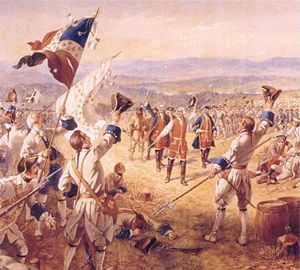 The French and Indian WarThe French and Indian War was a theater of the Seven Years' War, which pitted the North American colonies of the British Empire against those of the French, each side being supported by various Native American tribes. The French and Indian WarThe French and Indian War was a theater of the Seven Years' War, which pitted the North American colonies of the British Empire against those of the French, each side being supported by various Native American tribes.
|
| 2 | 1755 | - 1755—1764: Acadian Expulsion
The Expulsion of the Acadians was the forced removal, by the British, of inhabitants of parts of a Canadian-American region historically known as Acadia, between 1755 and 1764. The area included the present-day Canadian Maritime provinces of Nova Scotia, New Brunswick, and Prince Edward Island, and the present-day U.S. state of Maine. The Expulsion, which caused the deaths of thousands of people, occurred during the French and Indian War (the North American theatre of the Seven Years' War) and was part of the British military campaign against New France.
|
| 3 | 1770 | - 5 Mar 1770: Boston Massacre
The Boston Massacre was a confrontation in Boston on March 5, 1770, in which nine British soldiers shot several of a crowd of three or four hundred who were harassing them verbally and throwing various projectiles. The event was heavily publicized as "a massacre" by leading Patriots such as Paul Revere and Samuel Adams.
|
| 4 | 1775 | - 18 Apr 1775—14 Jan 1784: American Revolutionary War
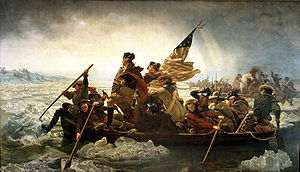 American Revolutionary War American Revolutionary War
- 19 Apr 1775: Battles of Lexington and Concord
The Battles of Lexington and Concord were some of the leading military engagements of the American Revolutionary War. The battles were fought on April 19, 1775, in Middlesex County, Province of Massachusetts Bay, within the towns of Lexington, Concord, Lincoln, Menotomy (present-day Arlington), and Cambridge. They marked the outbreak of armed conflict between the Kingdom of Great Britain and Patriot militias from America's thirteen colonies.
- 10 May 1775: Americans capture Fort Ticonderoga in NY
The capture of Fort Ticonderoga occurred during the American Revolutionary War on May 10, 1775, when a small force of Green Mountain Boys led by Ethan Allen and Colonel Benedict Arnold surprised and captured the fort's small British garrison.
|
| 5 | 1785 | |
| 6 | 1786 | - 1786—1787: Shays' Rebellion
Shays' Rebellion was an armed uprising in Western Massachusetts and Worcester in response to a debt crisis among the citizenry and in opposition to the state government's increased efforts to collect taxes on both individuals and their trades. The fighting took place in the areas around Springfield during 1786 and 1787.
|
| 7 | 1789 | |
| 8 | 1797 | |
| 9 | 1798 | |
| 10 | 1801 | |
| 11 | 1809 | |
| 12 | 1812 | - 12 Jun 1812—16 Feb 1815: War of 1812
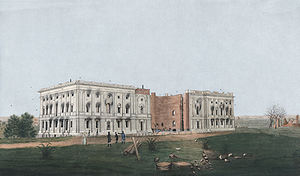 War of 1812
The War of 1812 was fought by the United States and its indigenous allies against the United Kingdom and its own indigenous allies in British North America, with limited participation by Spain in Florida. It began when the United States declared war on 18 June 1812. Although peace terms were agreed upon in the December 1814 Treaty of Ghent, the war did not officially end until the peace treaty was ratified by the United States Congress on 17 February 1815. War of 1812
The War of 1812 was fought by the United States and its indigenous allies against the United Kingdom and its own indigenous allies in British North America, with limited participation by Spain in Florida. It began when the United States declared war on 18 June 1812. Although peace terms were agreed upon in the December 1814 Treaty of Ghent, the war did not officially end until the peace treaty was ratified by the United States Congress on 17 February 1815.
|
| 13 | 1815 | |
| 14 | 1817 | |
| 15 | 1825 | |
| 16 | 1829 | |
| 17 | 1832 | |
| 18 | 1835 | |
| 19 | 1836 | |
| 20 | 1837 | |
| 21 | 1838 | - 1838—1839: Aroostook War
The Aroostook War was a military and civilian-involved confrontation in 1838–1839 between the United States and the United Kingdom over the international boundary between the British colony of New Brunswick and the U.S. state of Maine. The term "war" was rhetorical; local militia units were called out but never engaged in actual combat. The event is best described as an international incident.
|
| 22 | 1841 | |
| 23 | 1845 | |
| 24 | 1849 | |
| 25 | 1850 | |
| 26 | 1853 | |
| 27 | 1857 | |
| 28 | 1861 | |
| 29 | 1865 | |
| 30 | 1869 | |
| 31 | 1877 | |
| 32 | 1881 | |
| 33 | 1885 | |
| 34 | 1889 | |
| 35 | 1893 | |
| 36 | 1897 | |
| 37 | 1898 | |
| 38 | 1899 | |
| 39 | 1901 | |
| 40 | 1909 | |
| 41 | 1913 | |



 The French and Indian War
The French and Indian War American Revolutionary War
American Revolutionary War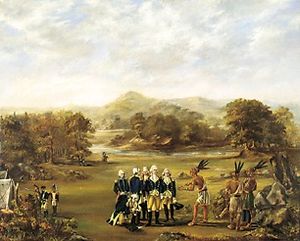 Northwest Indian War
Northwest Indian War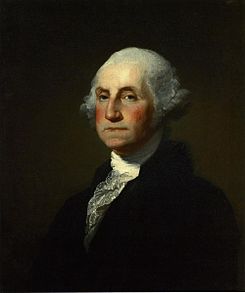 George Washington U.S. Presidency
George Washington U.S. Presidency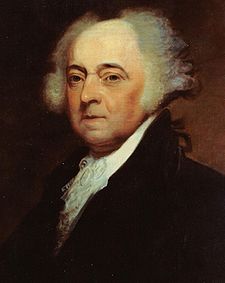 John Adams U.S. Presidency
John Adams U.S. Presidency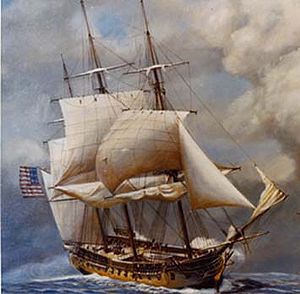 Franco-American War
Franco-American War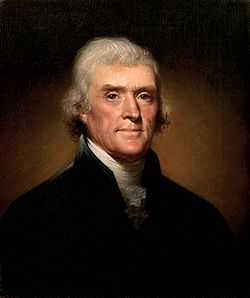 Thomas Jefferson U.S. Presidency
Thomas Jefferson U.S. Presidency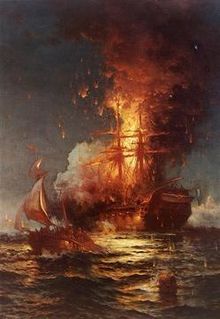 First Barbary War
First Barbary War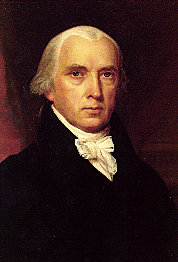 James Madison U.S. Presidency
James Madison U.S. Presidency War of 1812
War of 1812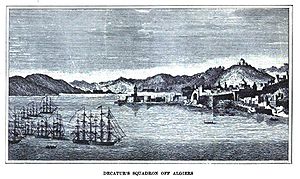 Second Barbary War
Second Barbary War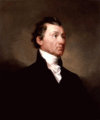 James Monroe U.S. Presidency
James Monroe U.S. Presidency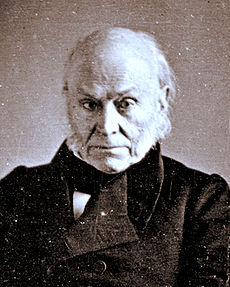 John Quincy Adams U.S. Presidency
John Quincy Adams U.S. Presidency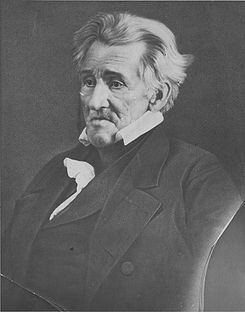 Andrew Jackson U.S. Presidency
Andrew Jackson U.S. Presidency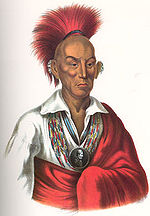 Black Hawk War
Black Hawk War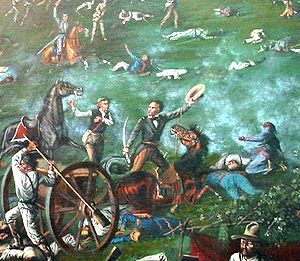 Texas War of Independence
Texas War of Independence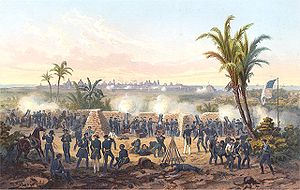 Mexican-American War
Mexican-American War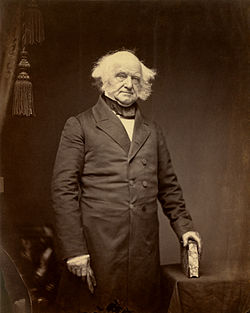 Martin Van Buren U.S. Presidency
Martin Van Buren U.S. Presidency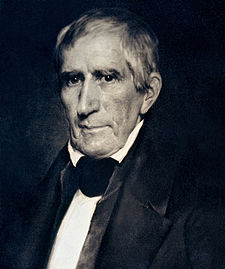 William Henry Harrison U.S. Presidency
William Henry Harrison U.S. Presidency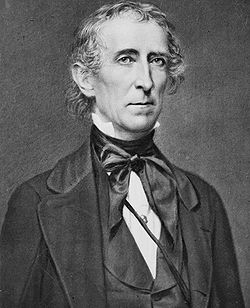 John Tyler U.S. Presidency
John Tyler U.S. Presidency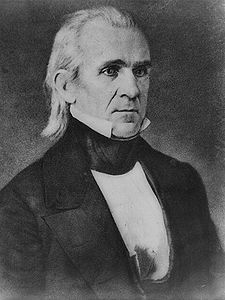 James K. Polk U.S. Presidency
James K. Polk U.S. Presidency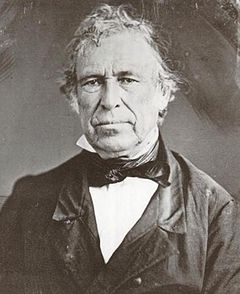 Zachary Taylor U.S. Presidency
Zachary Taylor U.S. Presidency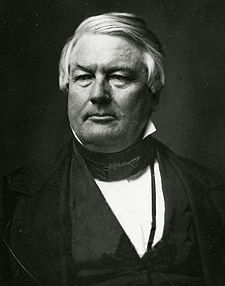 Millard Fillmore U.S. Presidency
Millard Fillmore U.S. Presidency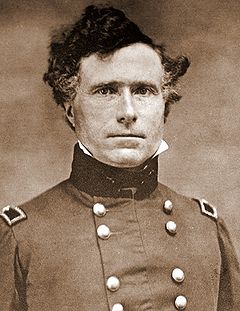 Franklin Pierce U.S. Presidency
Franklin Pierce U.S. Presidency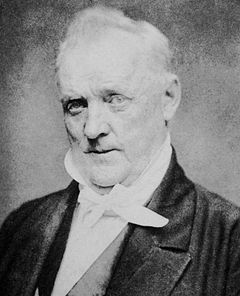 James Buchanan U.S. Presidency
James Buchanan U.S. Presidency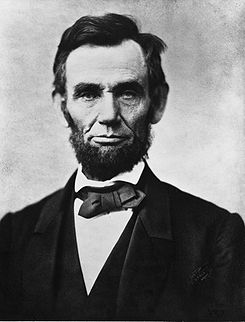 Abraham Lincoln U.S. Presidency
Abraham Lincoln U.S. Presidency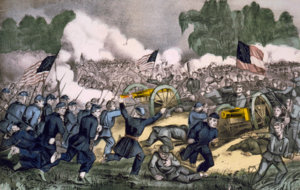 American Civil War
American Civil War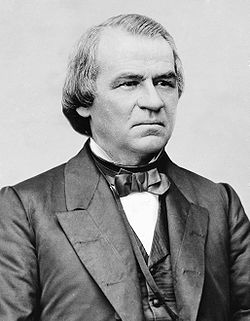 Andrew Johnson U.S. Presidency
Andrew Johnson U.S. Presidency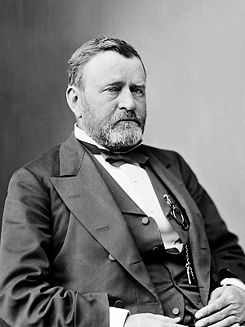 Ulysses S. Grant U.S. Presidency
Ulysses S. Grant U.S. Presidency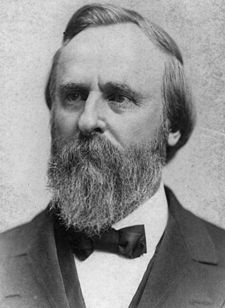 Rutherford B. Hayes U.S. Presidency
Rutherford B. Hayes U.S. Presidency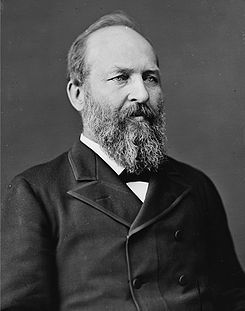 James A. Garfield U.S. Presidency
James A. Garfield U.S. Presidency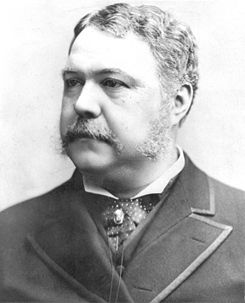 Chester A. Arthur U.S. Presidency
Chester A. Arthur U.S. Presidency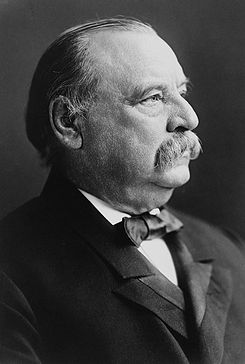 Grover Cleveland U.S. Presidency
Grover Cleveland U.S. Presidency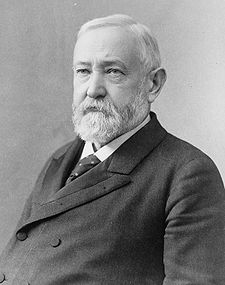 Benjamin Harrison U.S. Presidency
Benjamin Harrison U.S. Presidency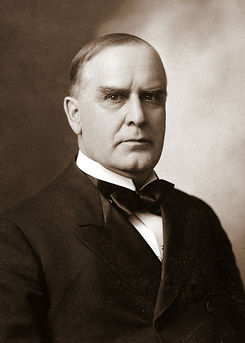 William McKinley U.S. Presidency
William McKinley U.S. Presidency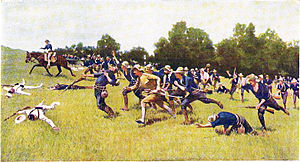 Spanish-American War
Spanish-American War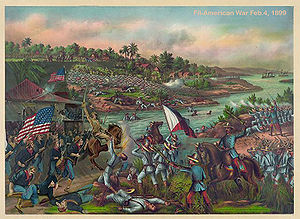 Philippine-American War
Philippine-American War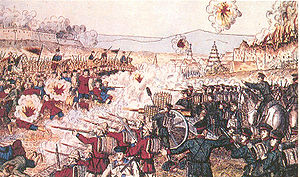 Boxer Rebellion
Boxer Rebellion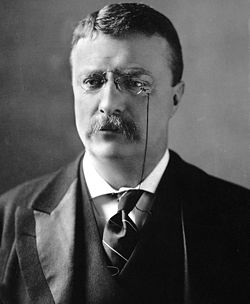 Theodore Roosevelt U.S. Presidency
Theodore Roosevelt U.S. Presidency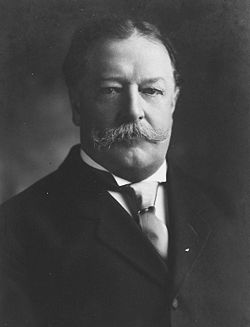 William Howard Taft U.S. Presidency
William Howard Taft U.S. Presidency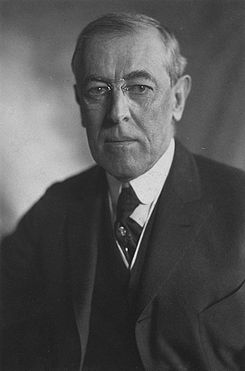 Woodrow Wilson U.S. Presidency
Woodrow Wilson U.S. Presidency